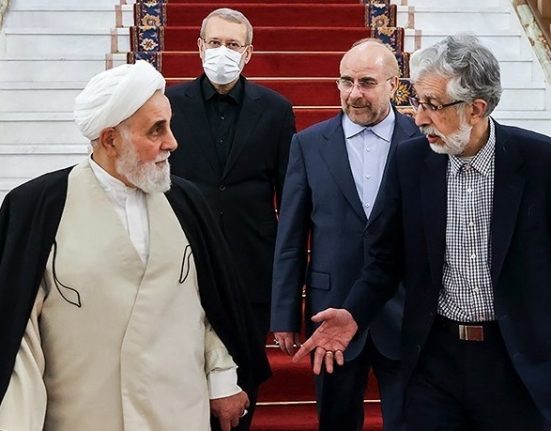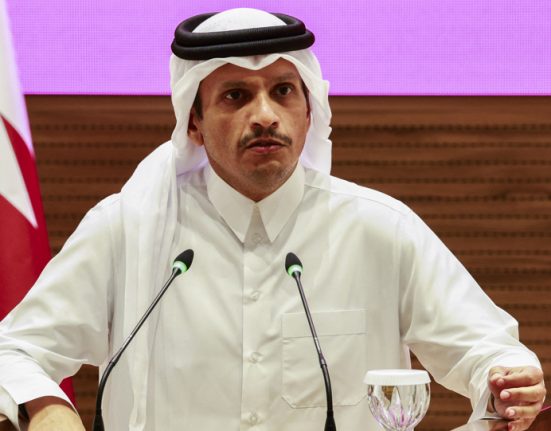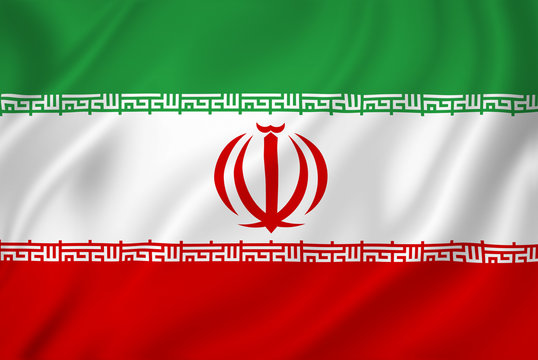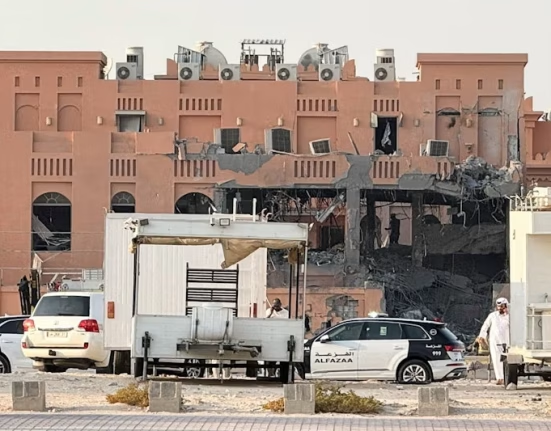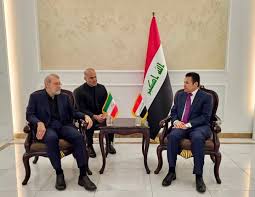Canberra, June 23, 2025 – The Australian government has issued a clear statement of support for the recent U.S. military strikes on Iran’s nuclear facilities, reiterating that preventing Tehran from acquiring nuclear weapons is paramount, even as it urges restraint and de-escalation to avert a wider regional conflict.
Prime Minister Anthony Albanese said Monday that Australia supports the U.S. action because “Iran cannot be allowed to get a nuclear weapon.” He emphasised that the strike targeted specific nuclear sites and not Iran itself, adding, “We don’t want escalation and a full‑scale war.” The government continues to call on all parties to resume dialogue and diplomatic efforts.
Foreign Minister Penny Wong similarly stated: “We support action that prevents Iran from obtaining a nuclear weapon,” citing evidence from the International Atomic Energy Agency that Iran has enriched uranium to almost military-use levels. She urged immediate steps toward de-escalation and diplomacy, warning against intermittent or full-scale conflict in the region.
Despite endorsing the strikes, Australian leaders underlined their unilateral nature, clarifying that Canberra was not militarily involved. Australian officials confirmed no request for direct assistance was made by the U.S., nor was Pine Gap or other national assets used in the operation.
Nonetheless, concern persists that any perceived link could make Australia a target in future retaliatory scenarios.
A National Security Committee meeting convened Monday to assess the situation and ensure Australians abroad remain protected. With around 2,900 citizens in Iran and 1,300 in Israel registered for assistance, officials have prepared evacuation and support measures, including deployment to regional transit hubs.
Australia’s balanced posture, supportive of action to prevent nuclear proliferation yet wary of conflict escalation, has drawn mixed domestic reactions. Critics accuse the government of hesitance and moral ambiguity, while supporters commend its clear stance against nuclear threats.
As the wave of international concern grows, Australia joins other nations in endorsing the principle that Iran must not develop a nuclear weapon, but insists the path forward must be through dialogue, de-escalation, and diplomacy, not broader warfare.


